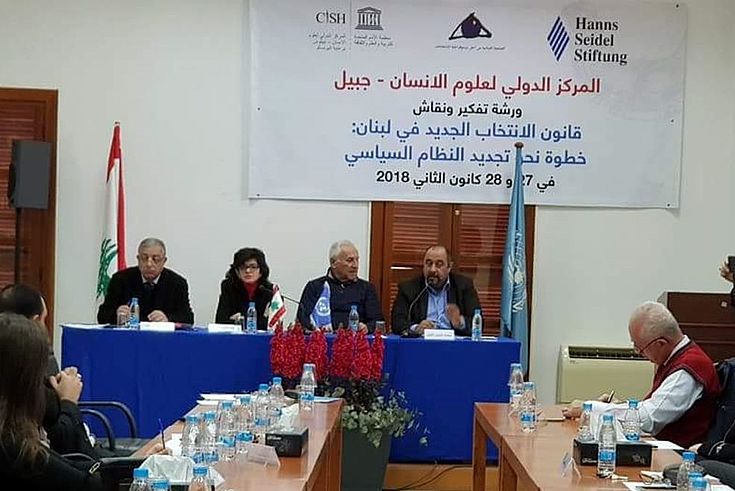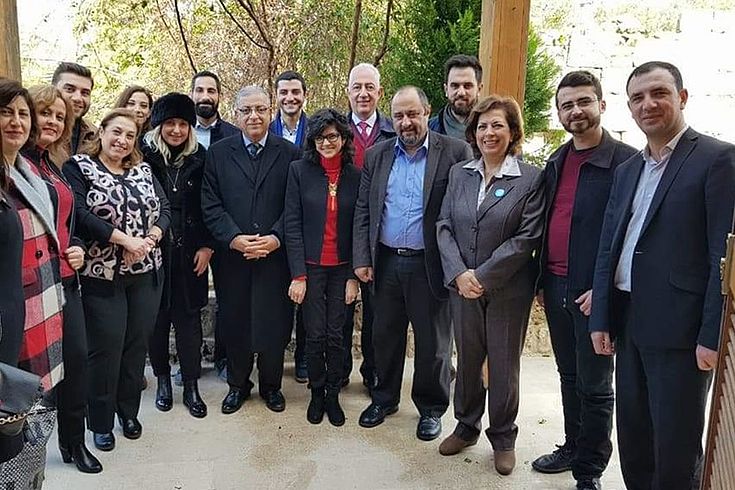Political Reform
Lebanese new electoral law: a step to reform the political system?

Panel - Does the new law represent equitable representation for all groups of society?
CISH
The Lebanese government and parliament finally approved a new electoral law in June 2017, “averting” a political and constitutional crisis. Political parties have congratulated themselves for this “achievement” despite being four years late and creating a dangerous precedent by extending the parliamentary mandate three times since 2013.
The law includes reformist ideas that have been raised by civic groups to improve parliamentary political representation, but MPs refused to back reforms that were suggested previously, such as including a quota for women, allowing Lebanese soldiers to vote and lowering the voting age from 21 to 18. For many Lebanese the way the law was sped through parliament appears hastily cooked up without any serious debate with the civil society. The adoption of the law was achieved through compromise, concessions and political settlements. Most of the Lebanese people and some MPs did not reach an understanding of the new electoral law because, in the view of some, this law is complex and confusing. While the long-awaited electoral law contains elements of a proportional representation system, its soul is still majoritarian and its districts are crafted according to a political and sectarian calculus

Speakers and participants at CISH, Byblos
CISH
The goal of the workshop, which was implemented in cooperation with the Centre International des Sciences de l'Homme - CISH and the Lebanese Association of Democratic Elections (LADE) from 27th to 28th of January in Byblos, was to study the law in theory and practice and to provide a detailed explanation of it to the participants. Activist NGOs in the field of democracy, experts in parliamentary election process, professor and students from different universities, members from different politic parties as well as representatives of syndicate of lawyers and from the Ministry of Justice took the opportunity to actively participate in the discussion.
In the framework of the workshop working groups studied and analysed the current situation of the proportional system, its advantages and disadvantages and discussed how to avoid problems during the voting process. They worked on solutions to provide them to the different politics party in order to make the necessary amendments to the new voting system and set up recommendations to be submitted to the parliament for adoption and to be published in the media.
